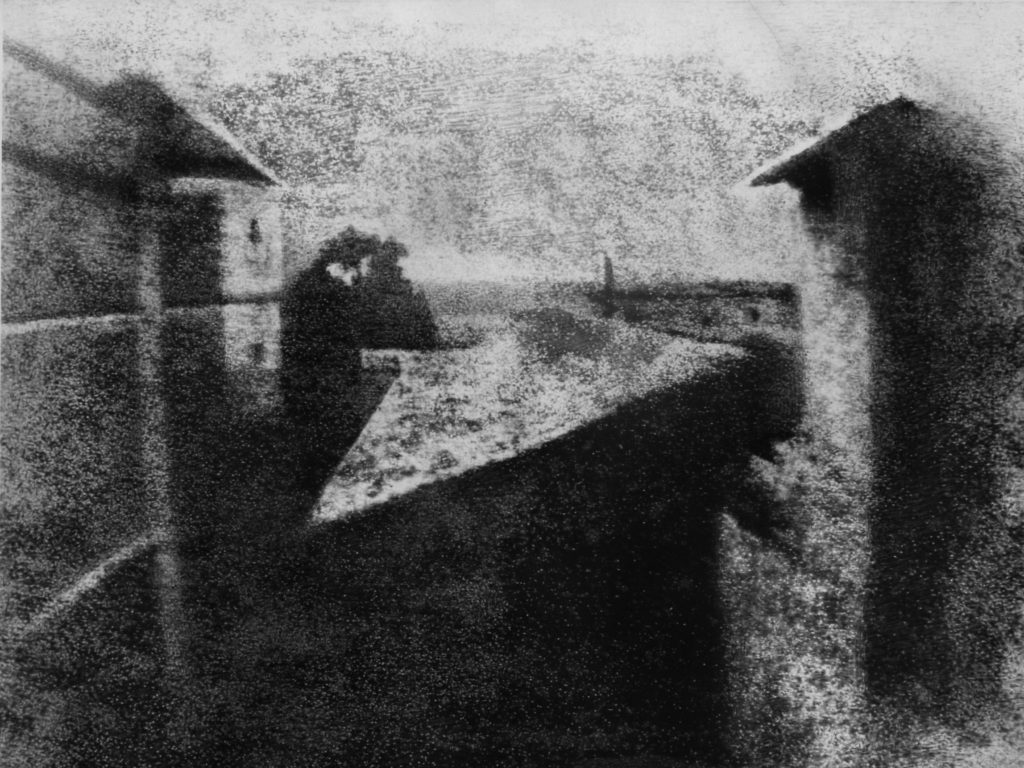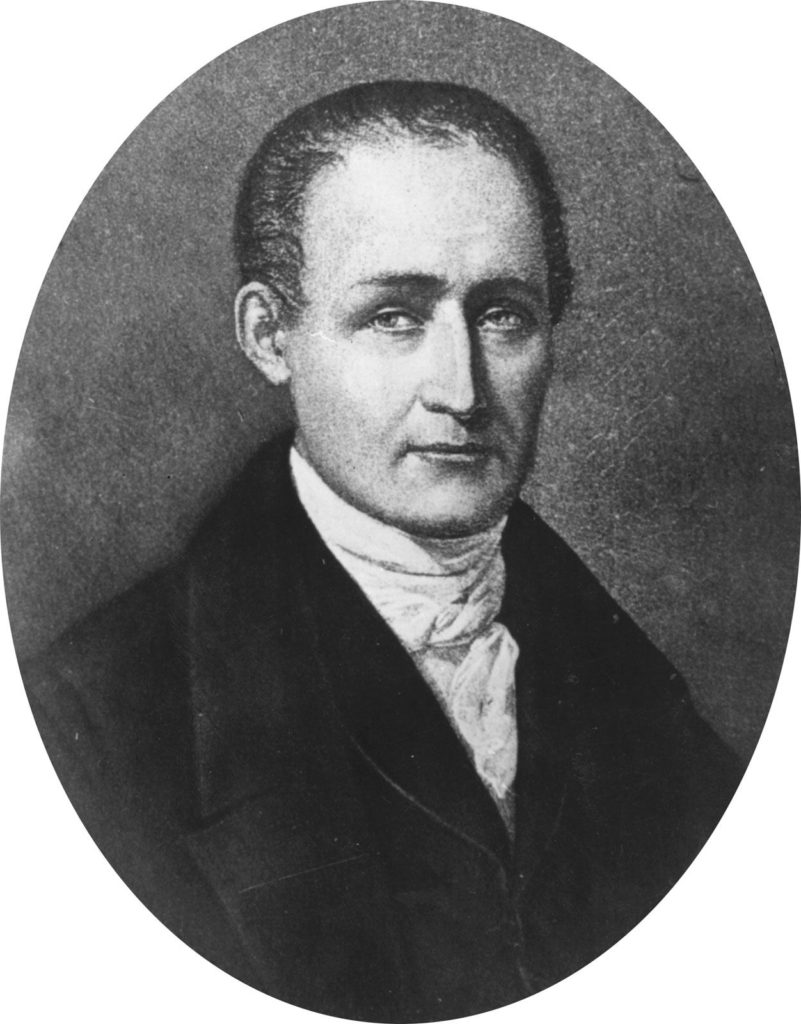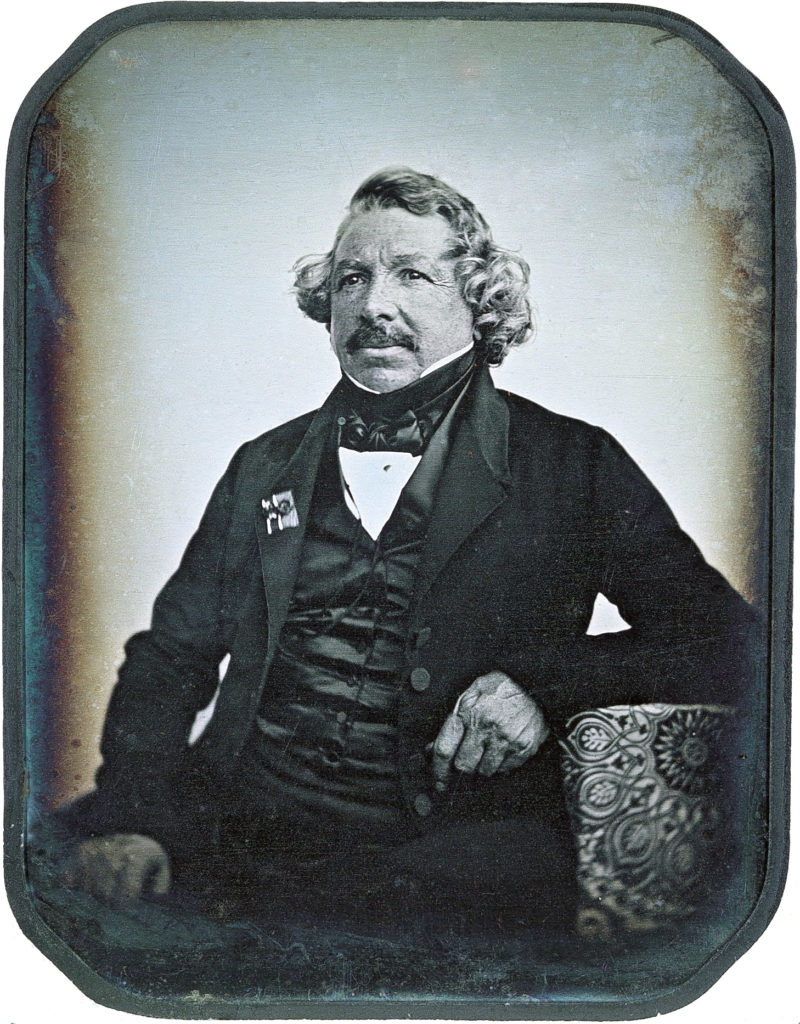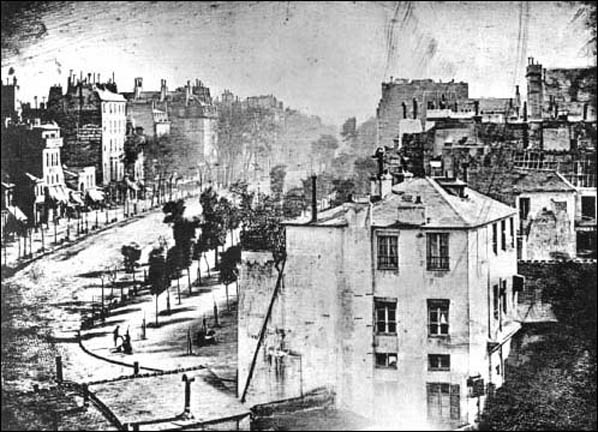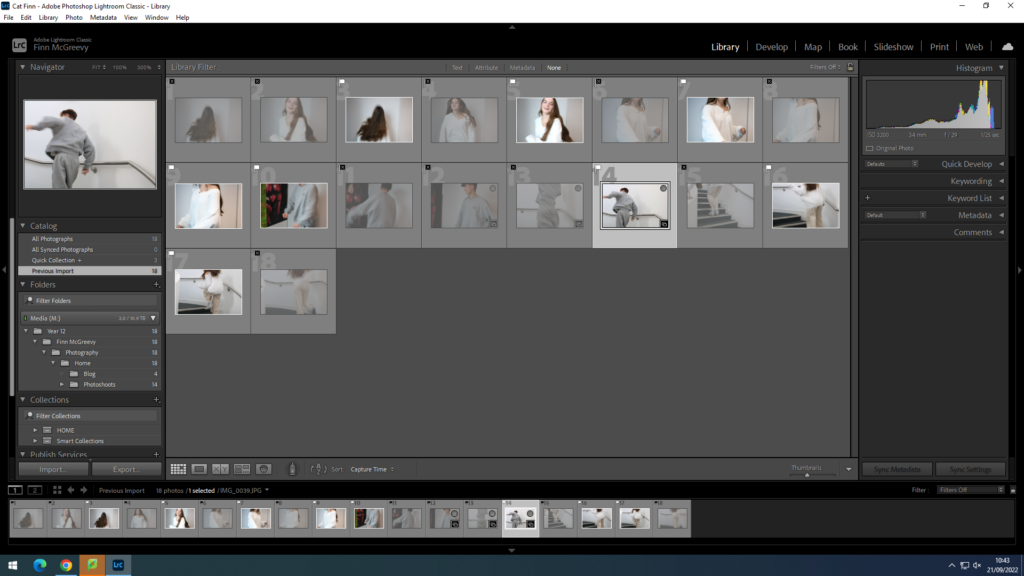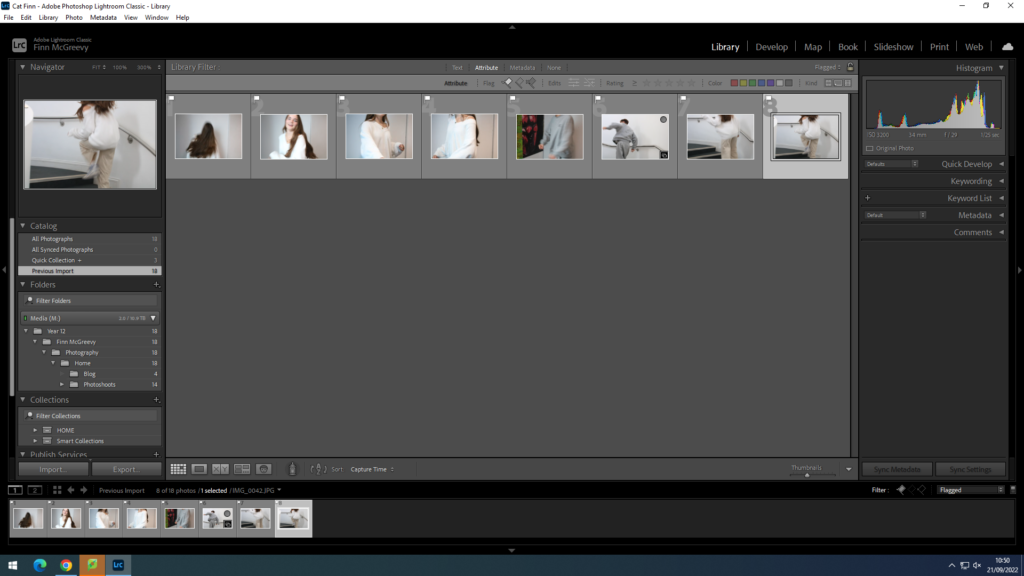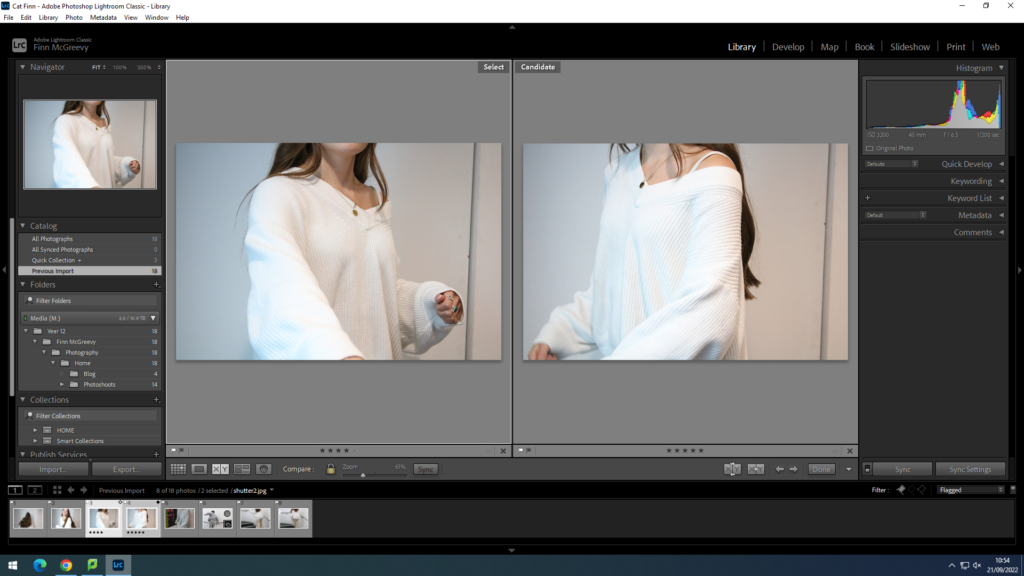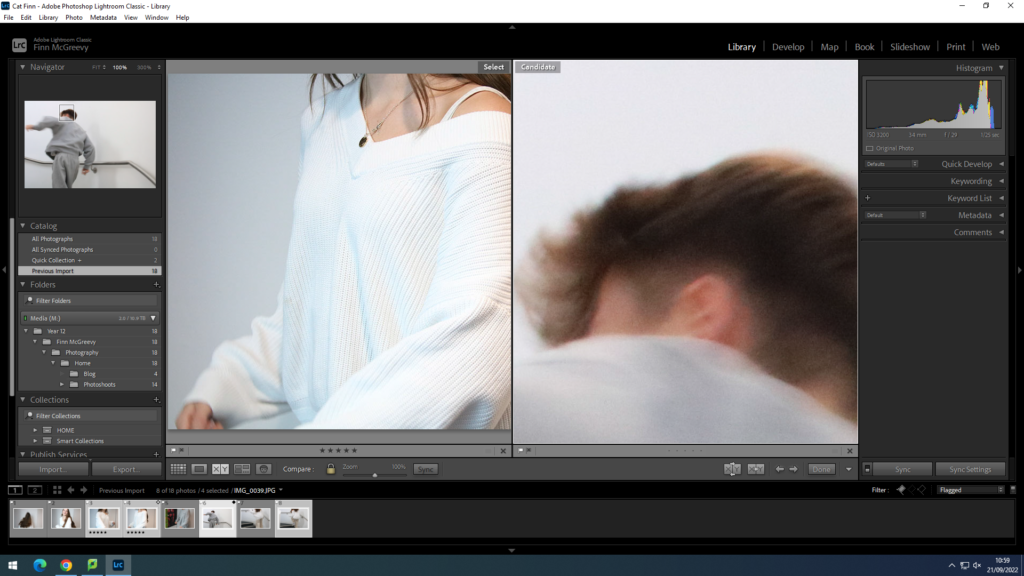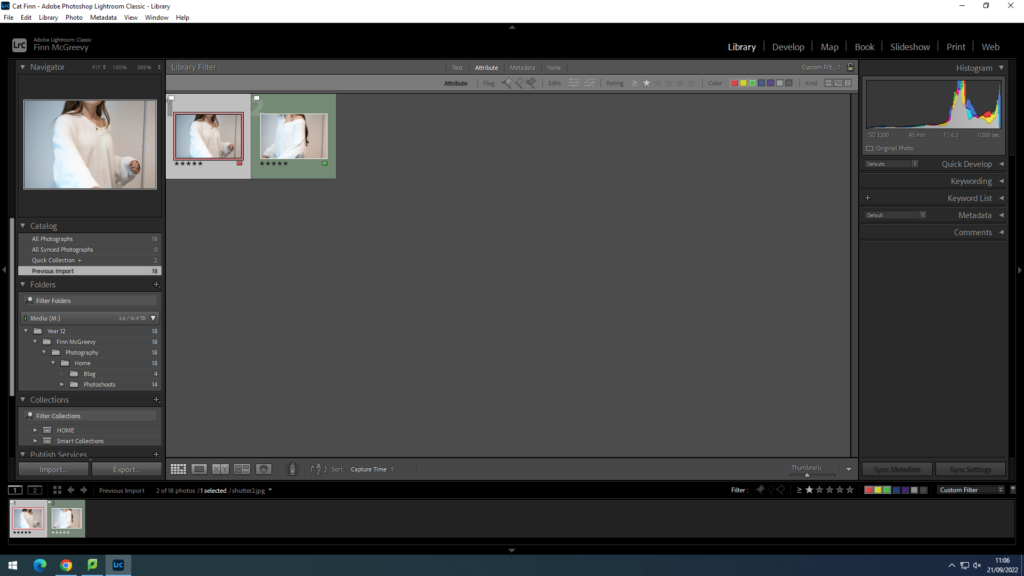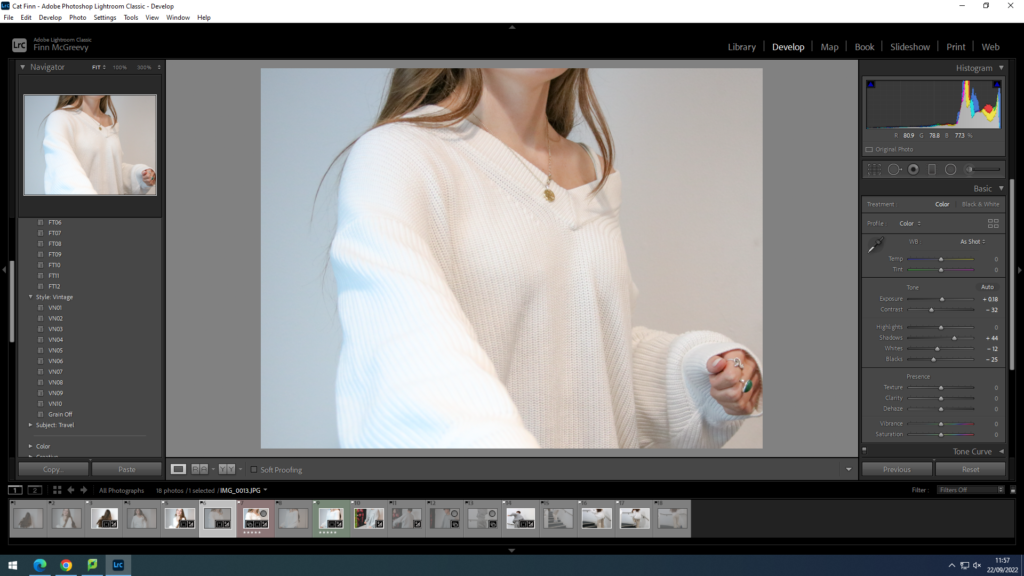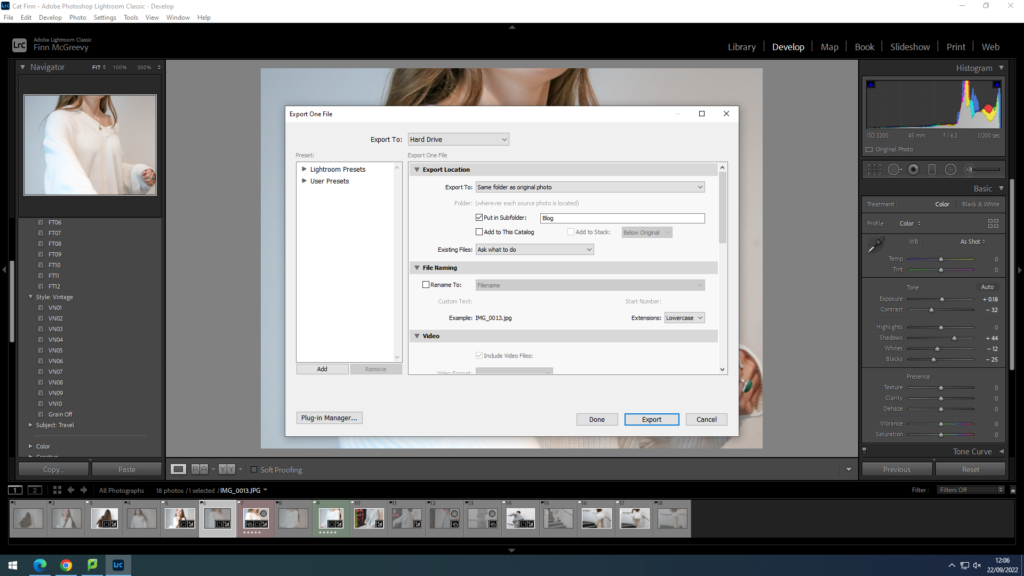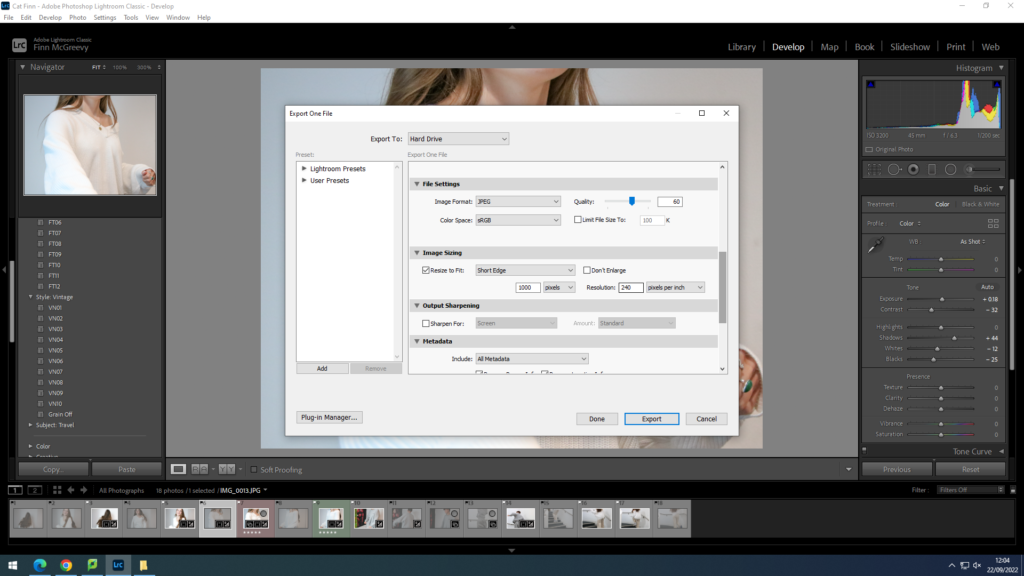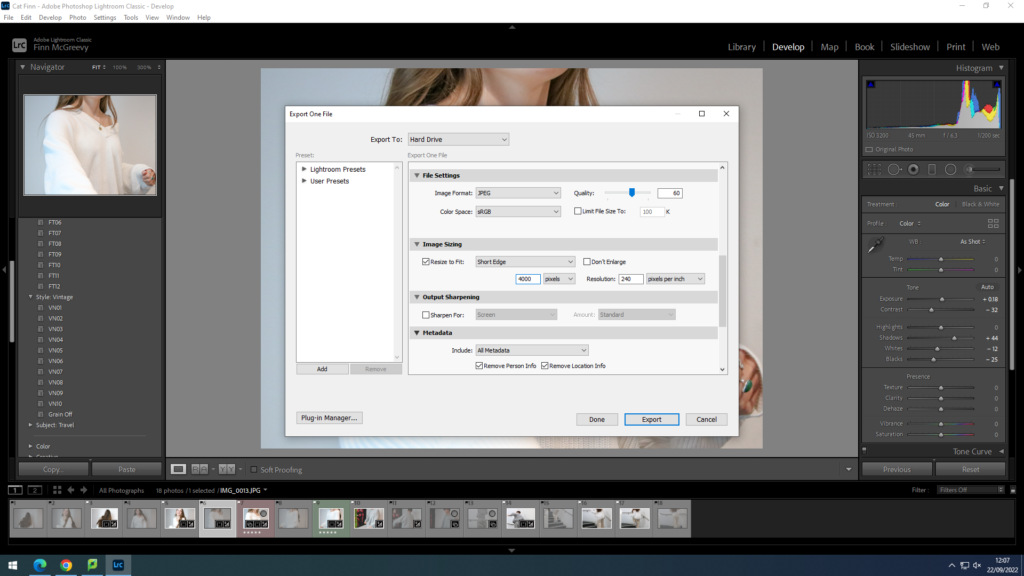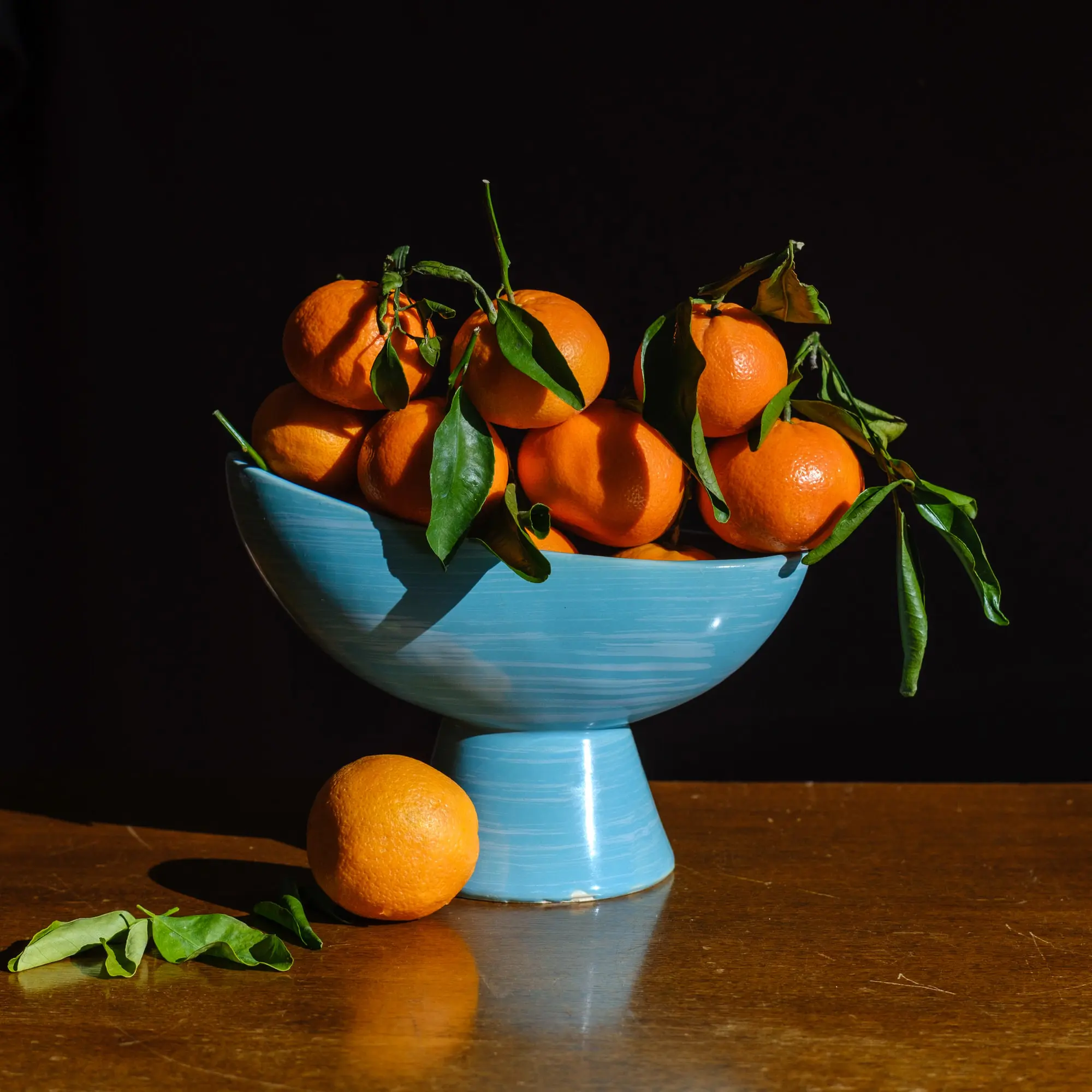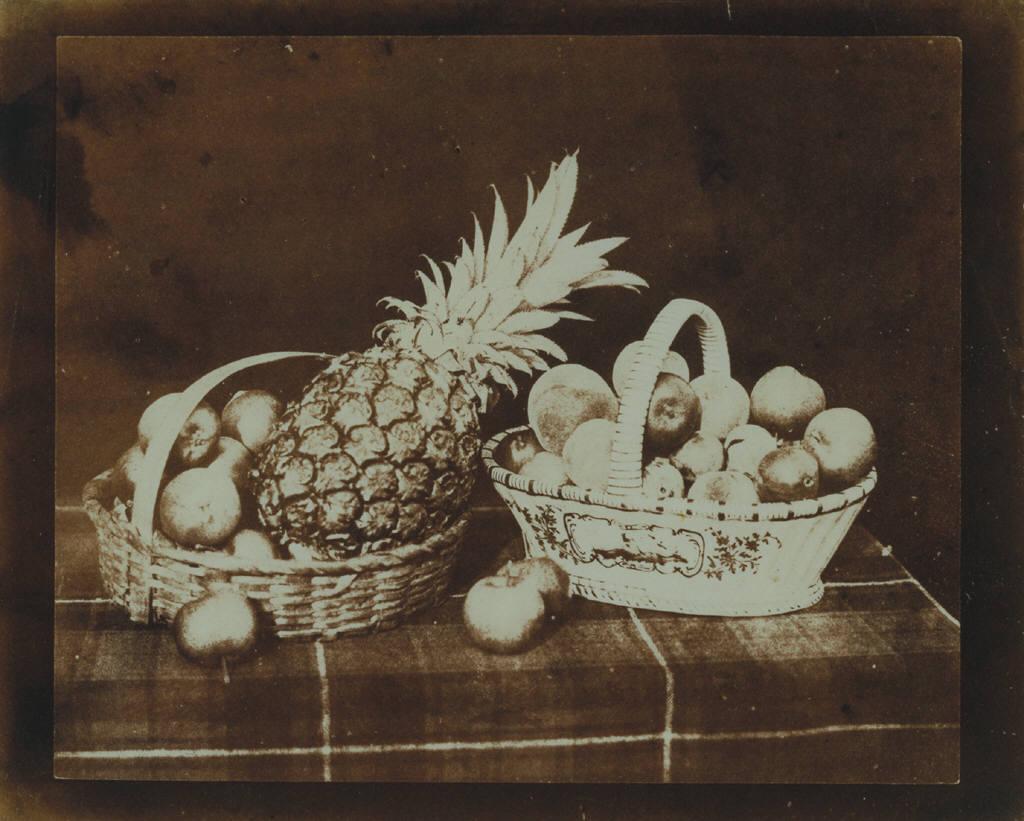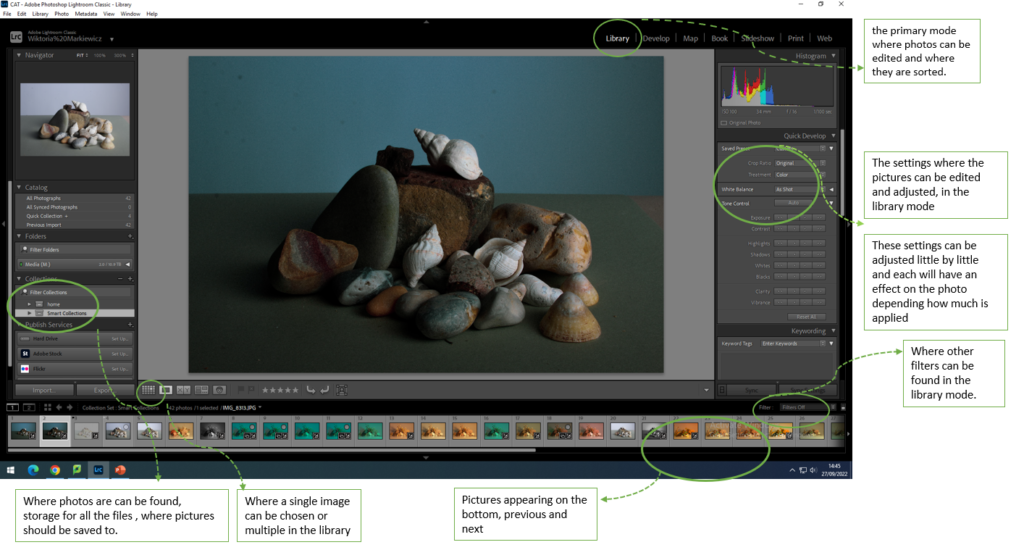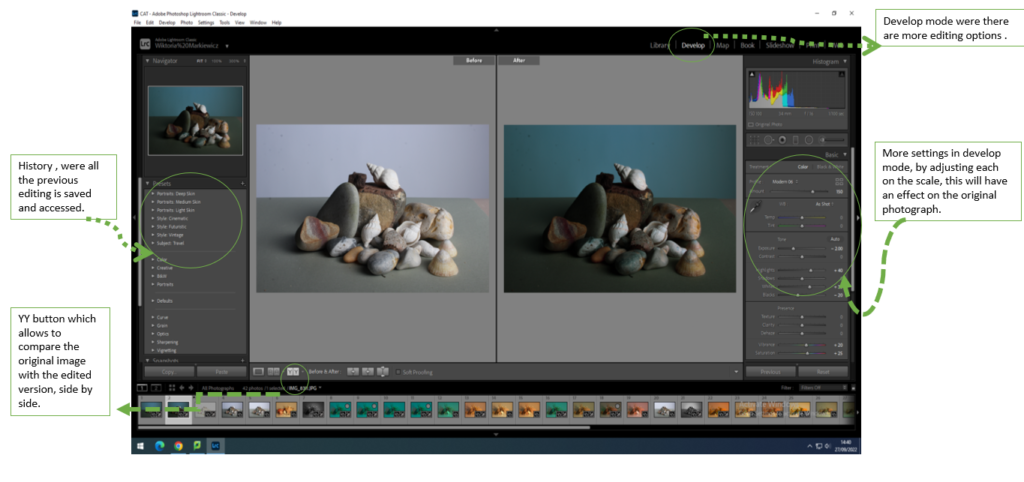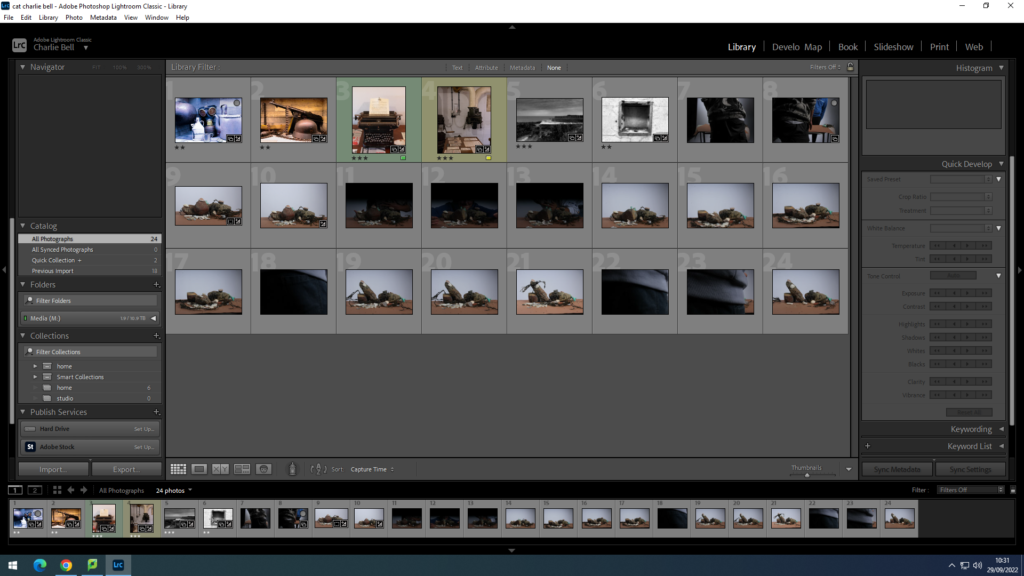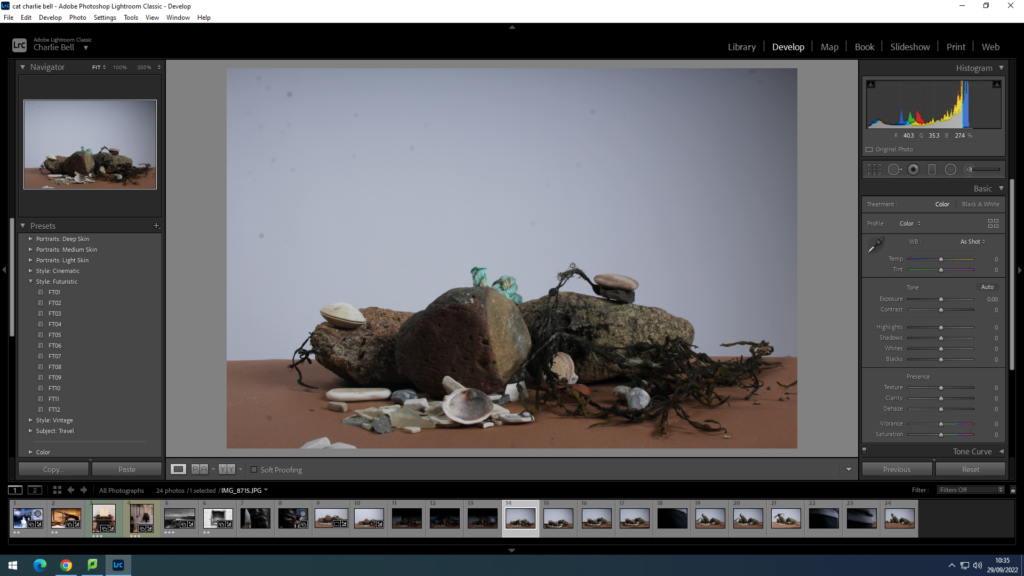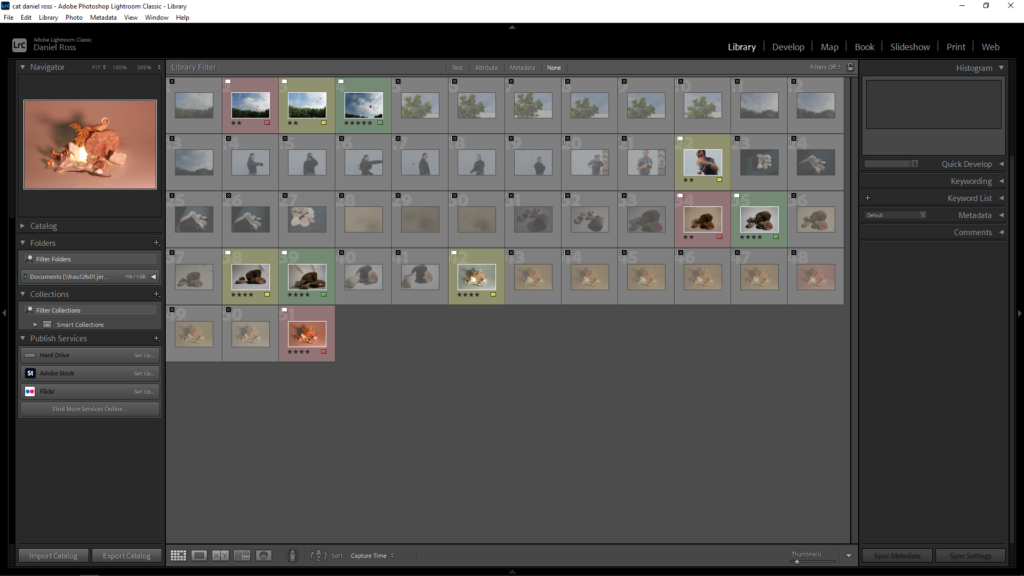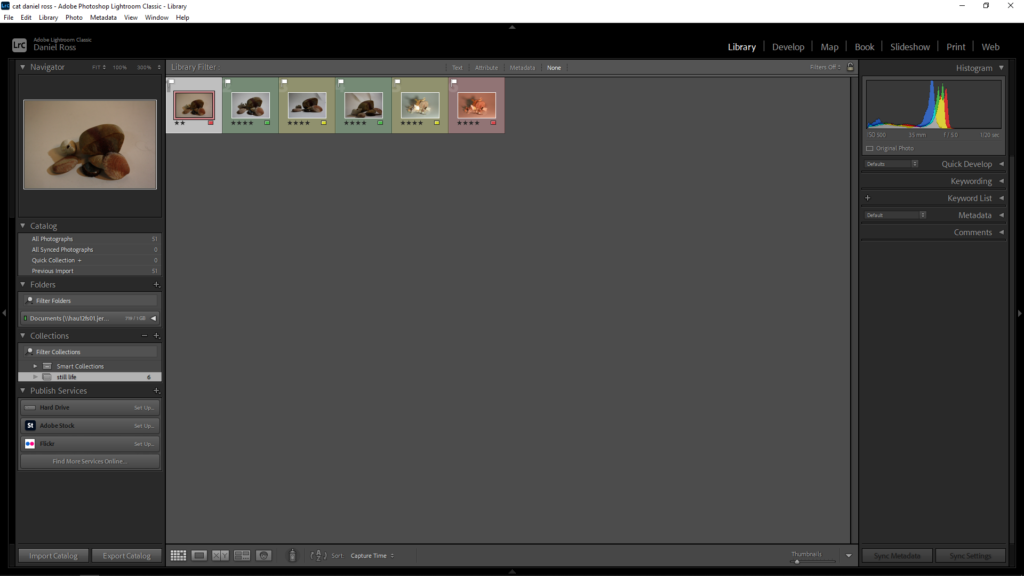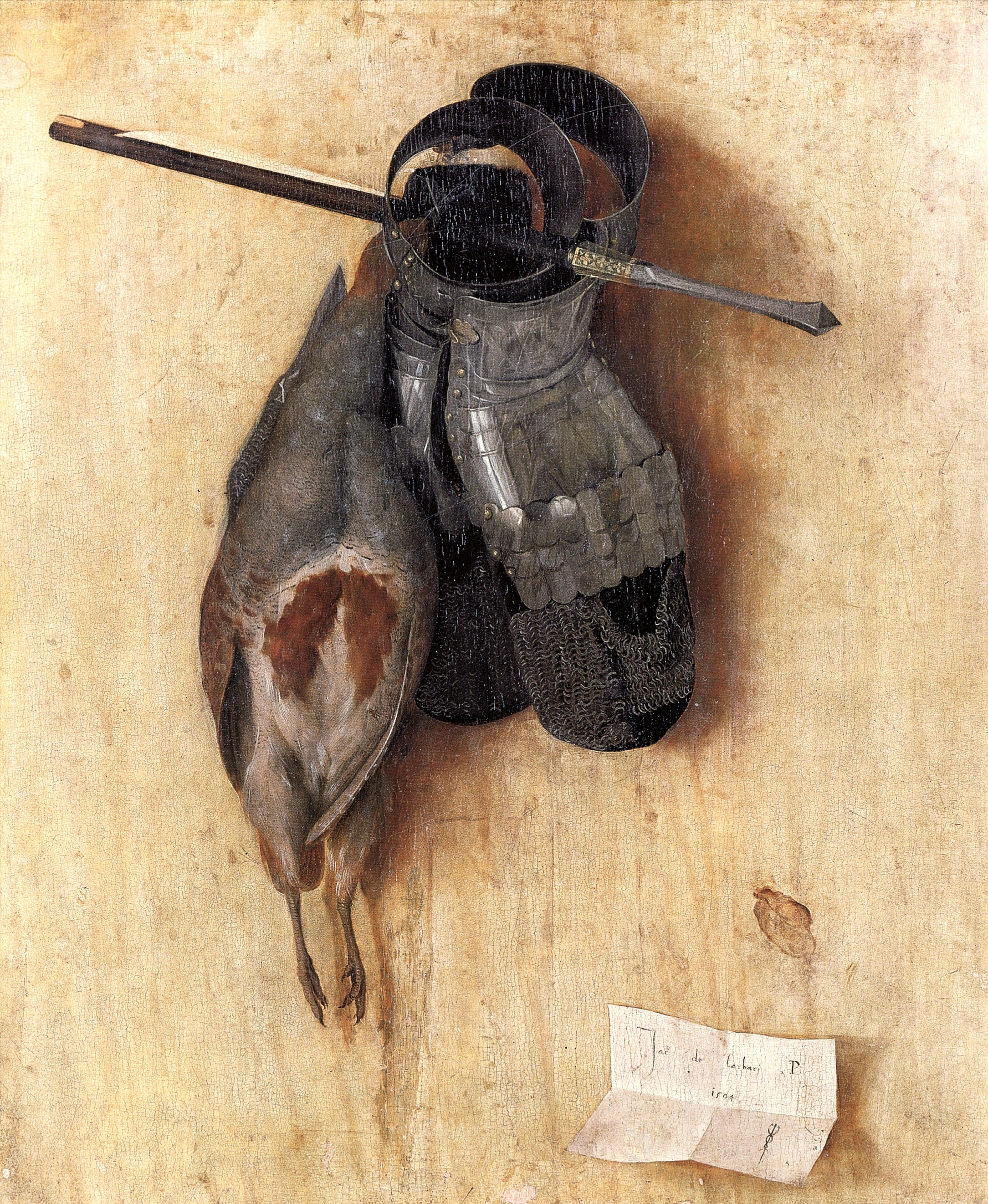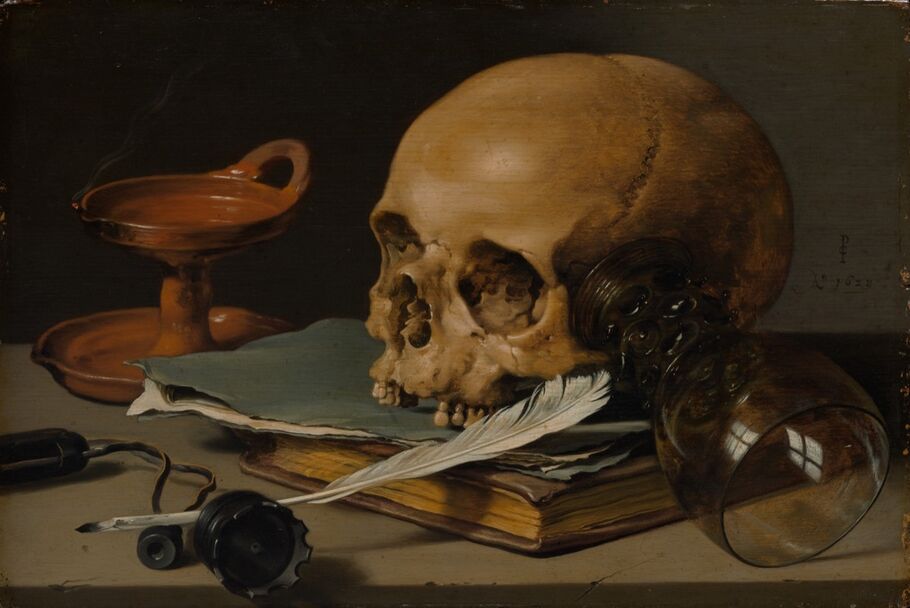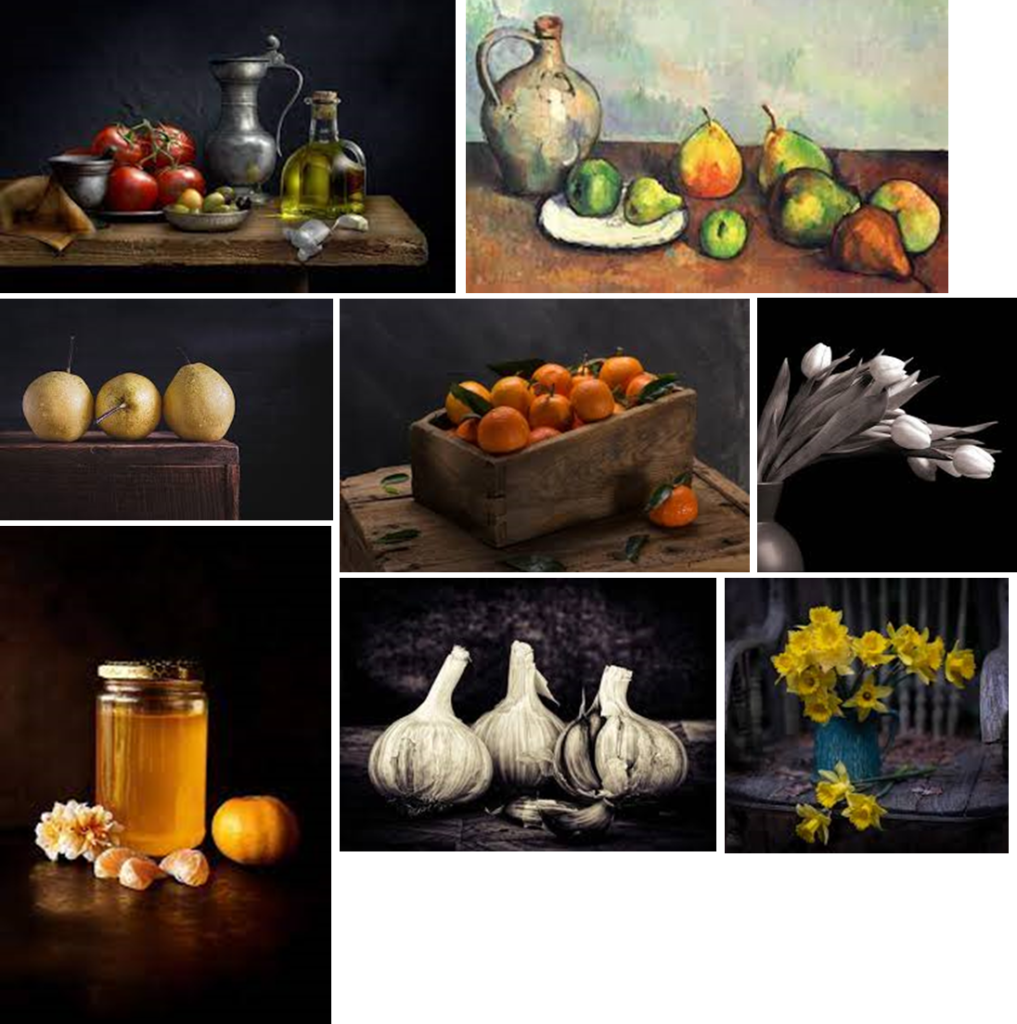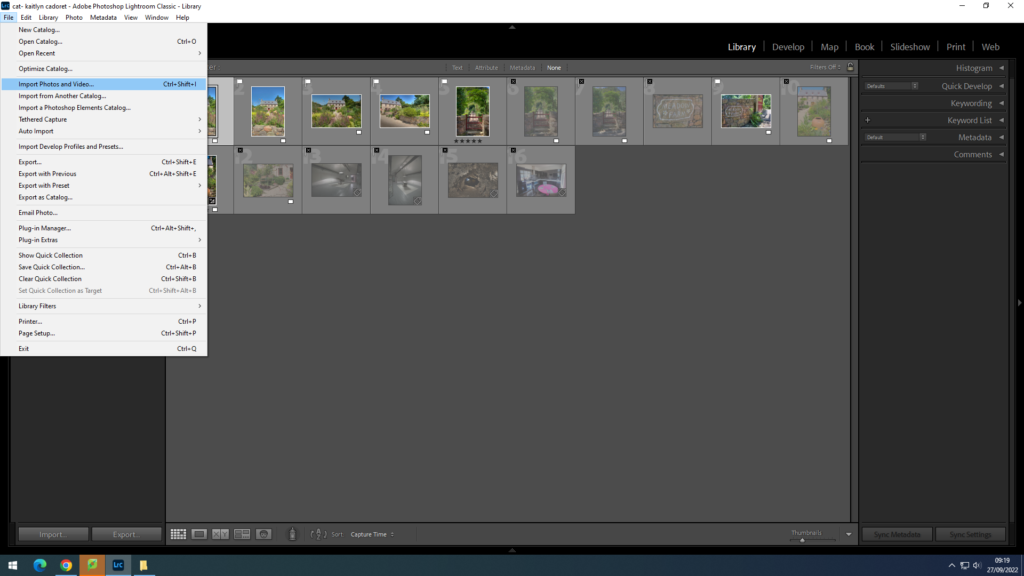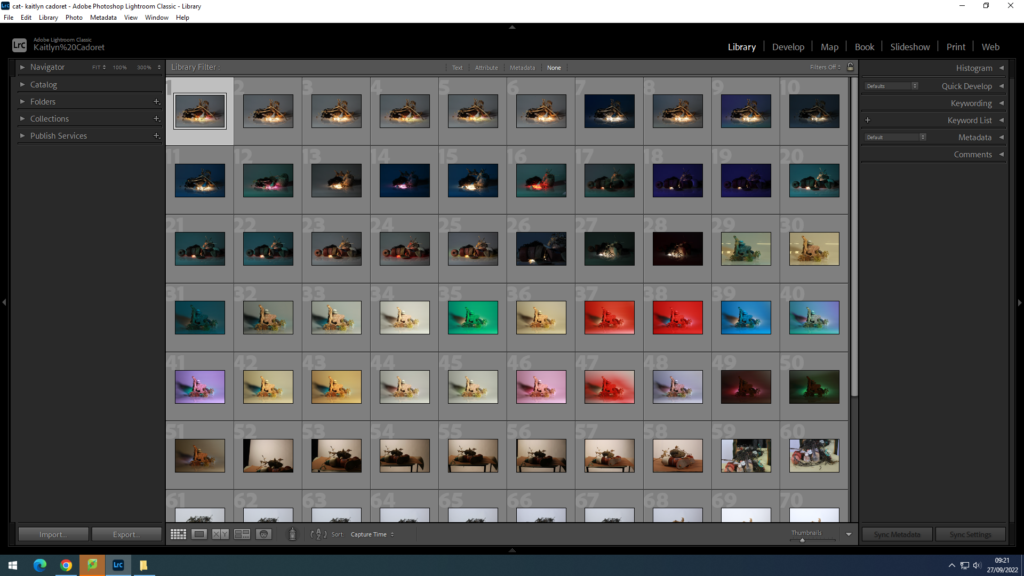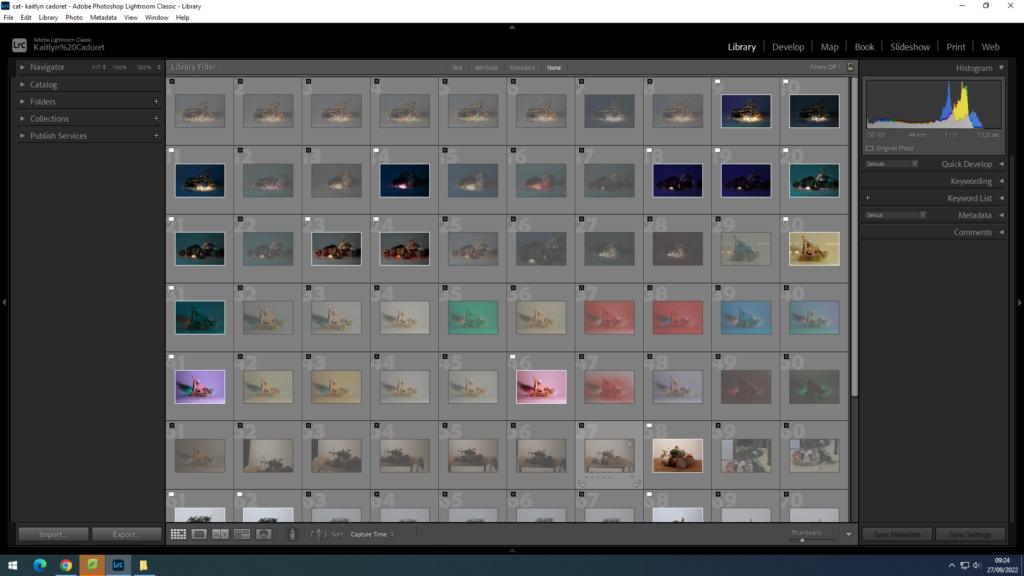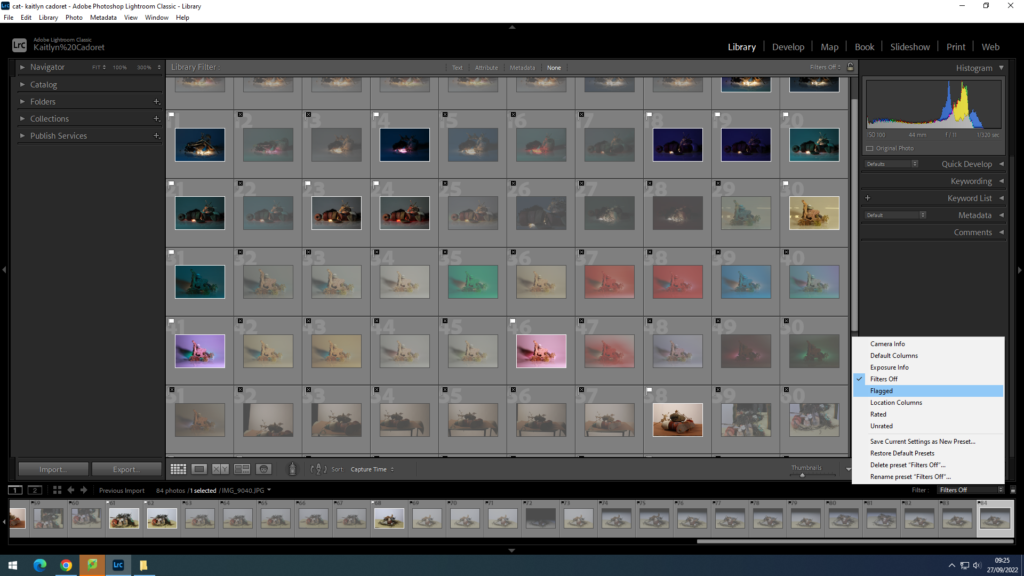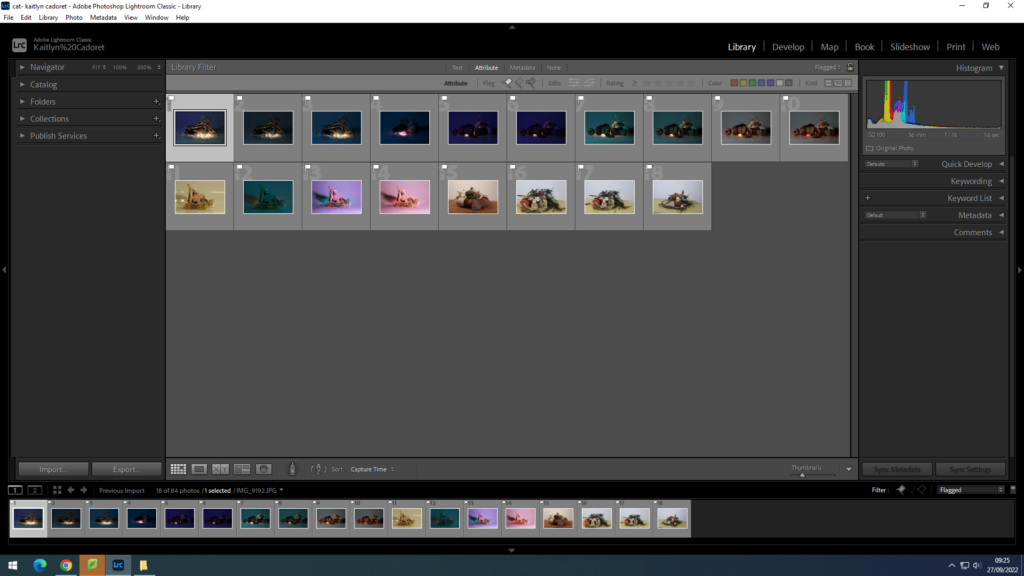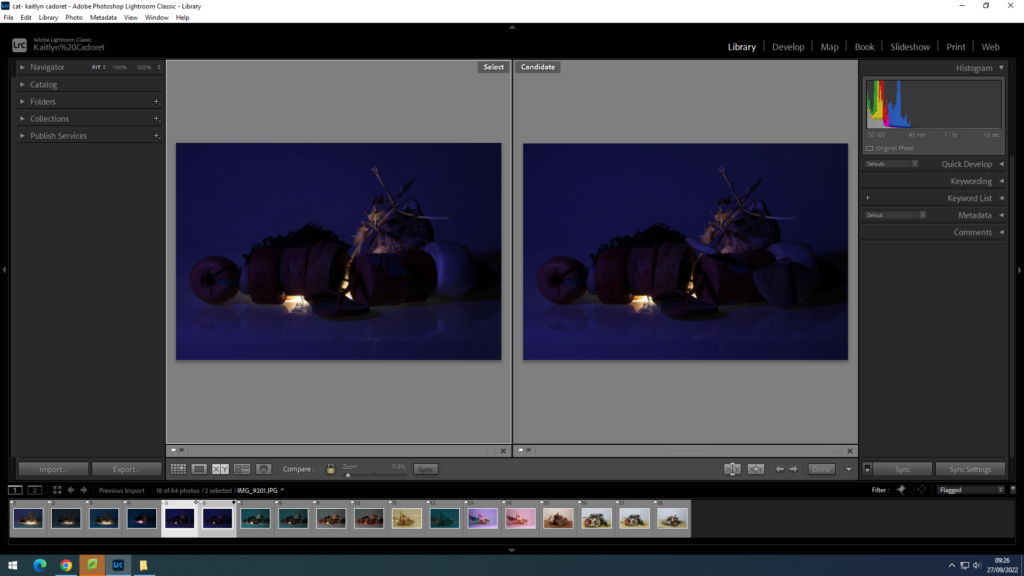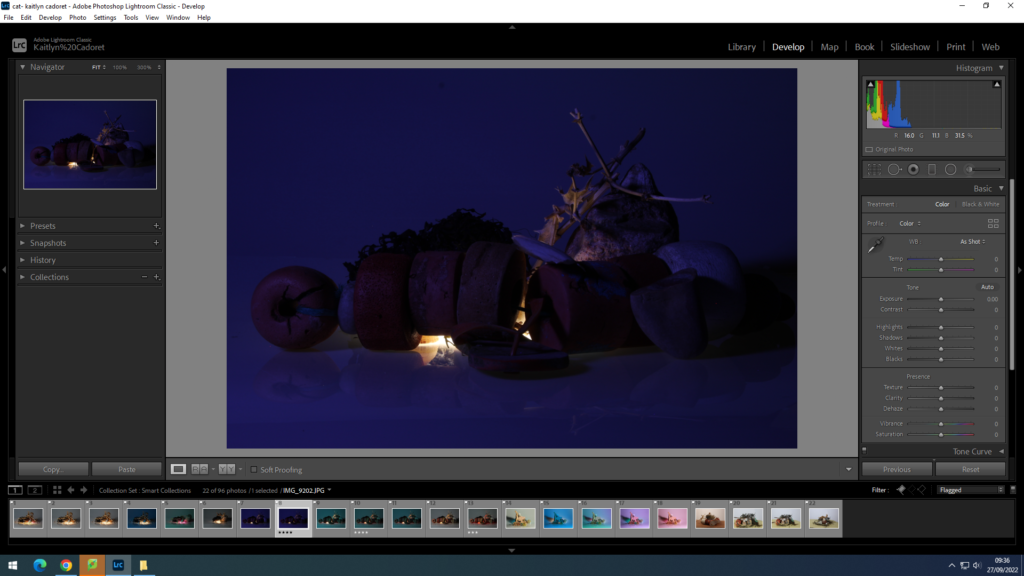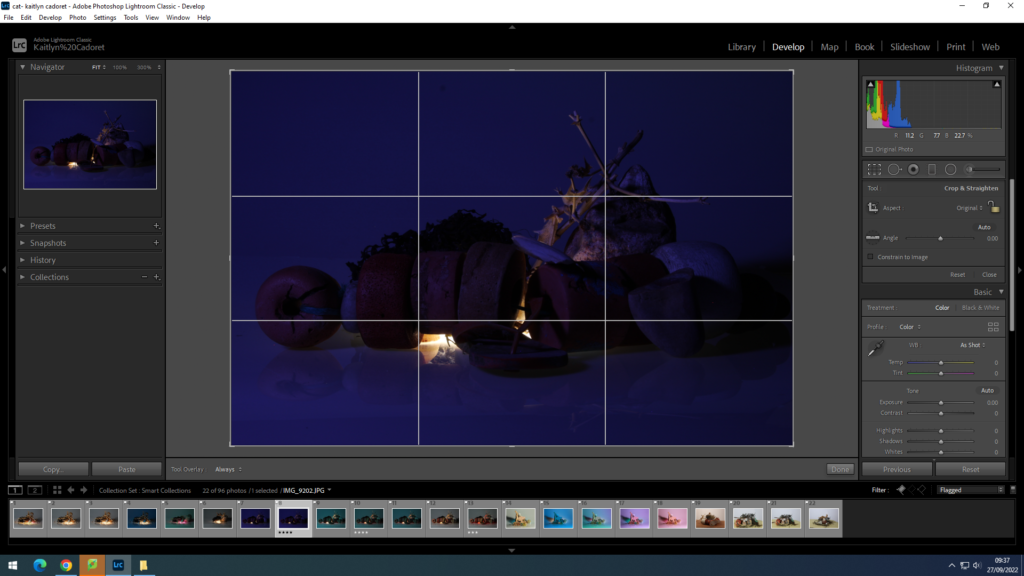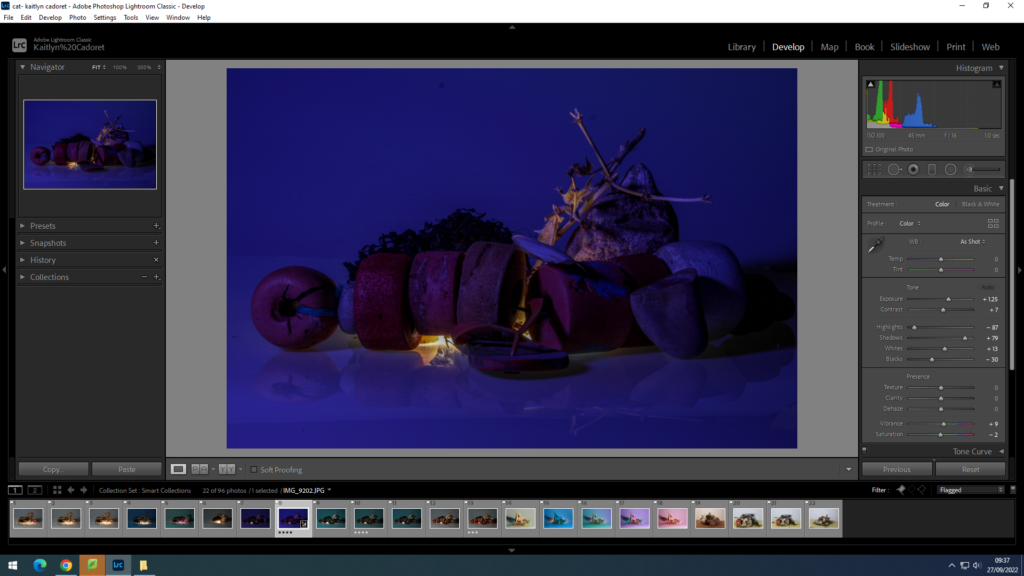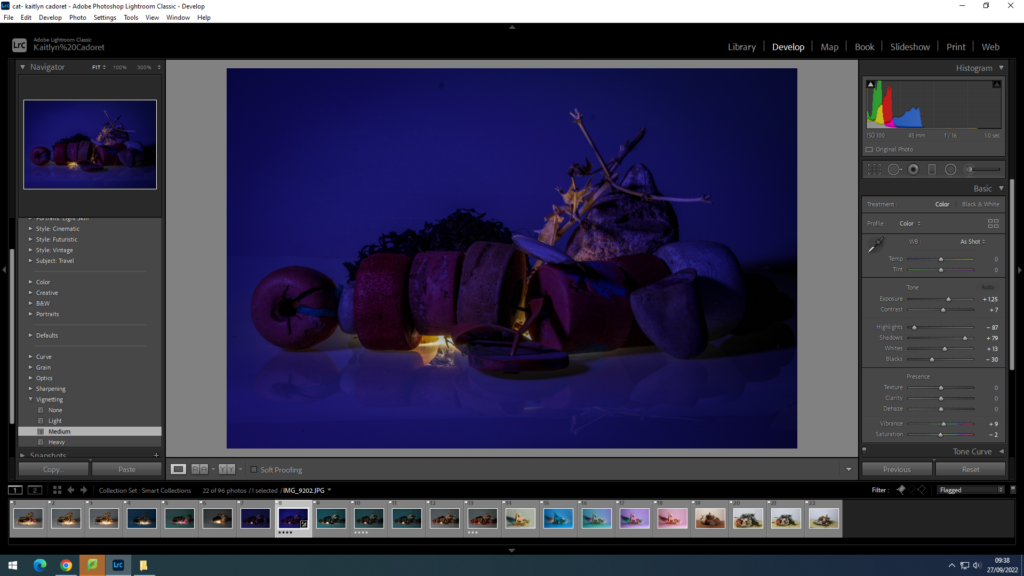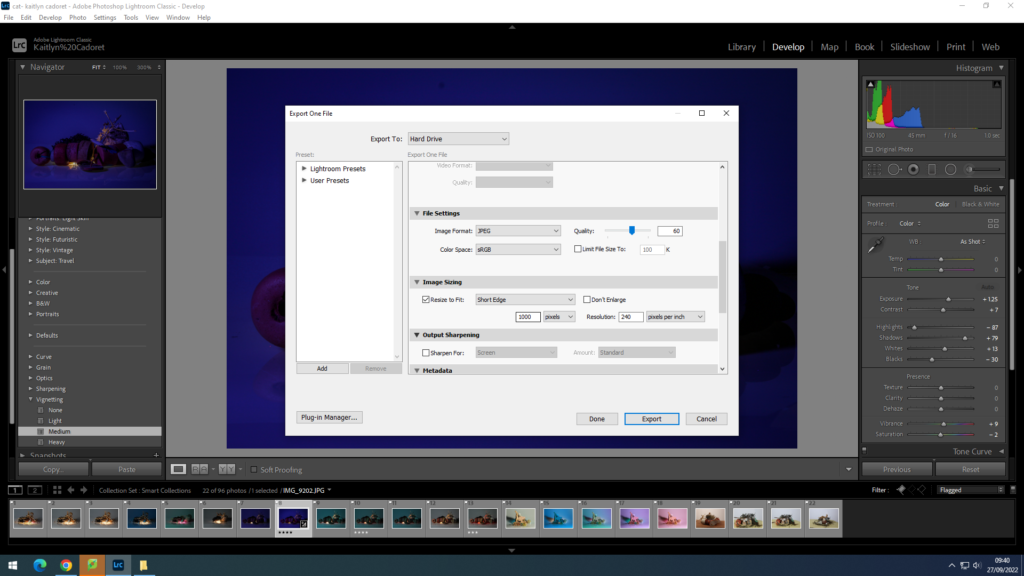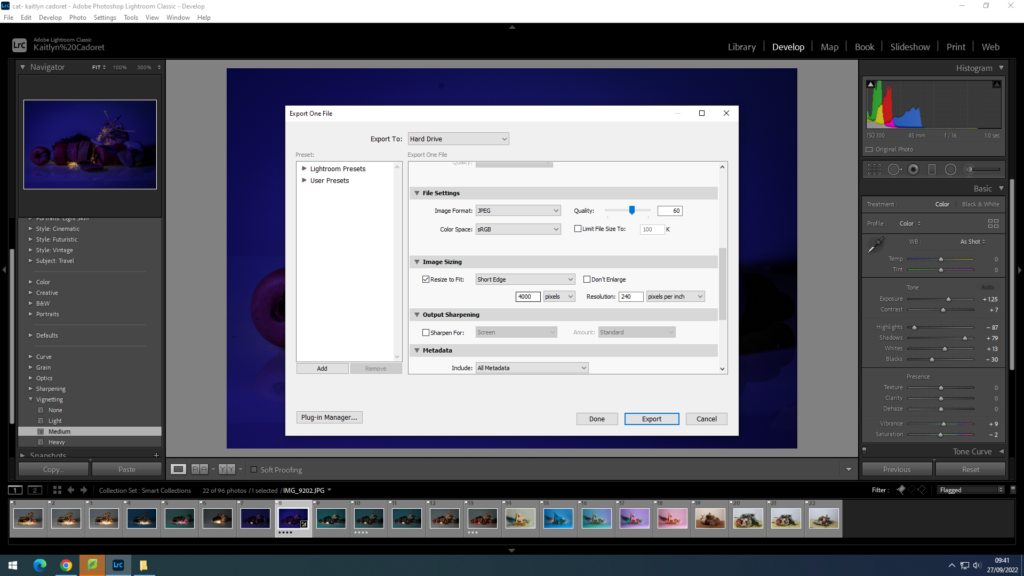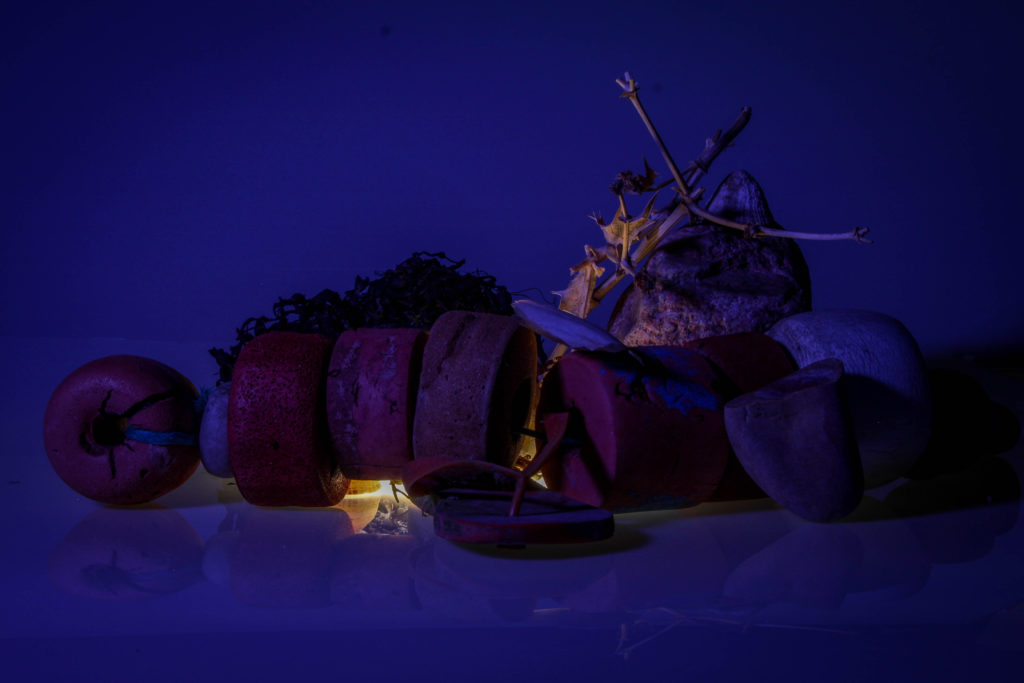The word Photography literally means ‘drawing with light’, which derives from the Greek photo, meaning light and graph, meaning to draw. Photography can mean so many different things to people and make people feel different emotions.
Camera Obscura
A camera obscura is a dark room with a small hole in one wall. When it’s bright outside, light enters through the hole and projects an upside down image of the outside world onto the wall opposite the hole. Artists from the Renaissance onwards used a camera obscura, Latin for dark chamber, or a small hole in the wall of a darkened box that would pass light through the hole and project an upside down image of whatever was outside the box.
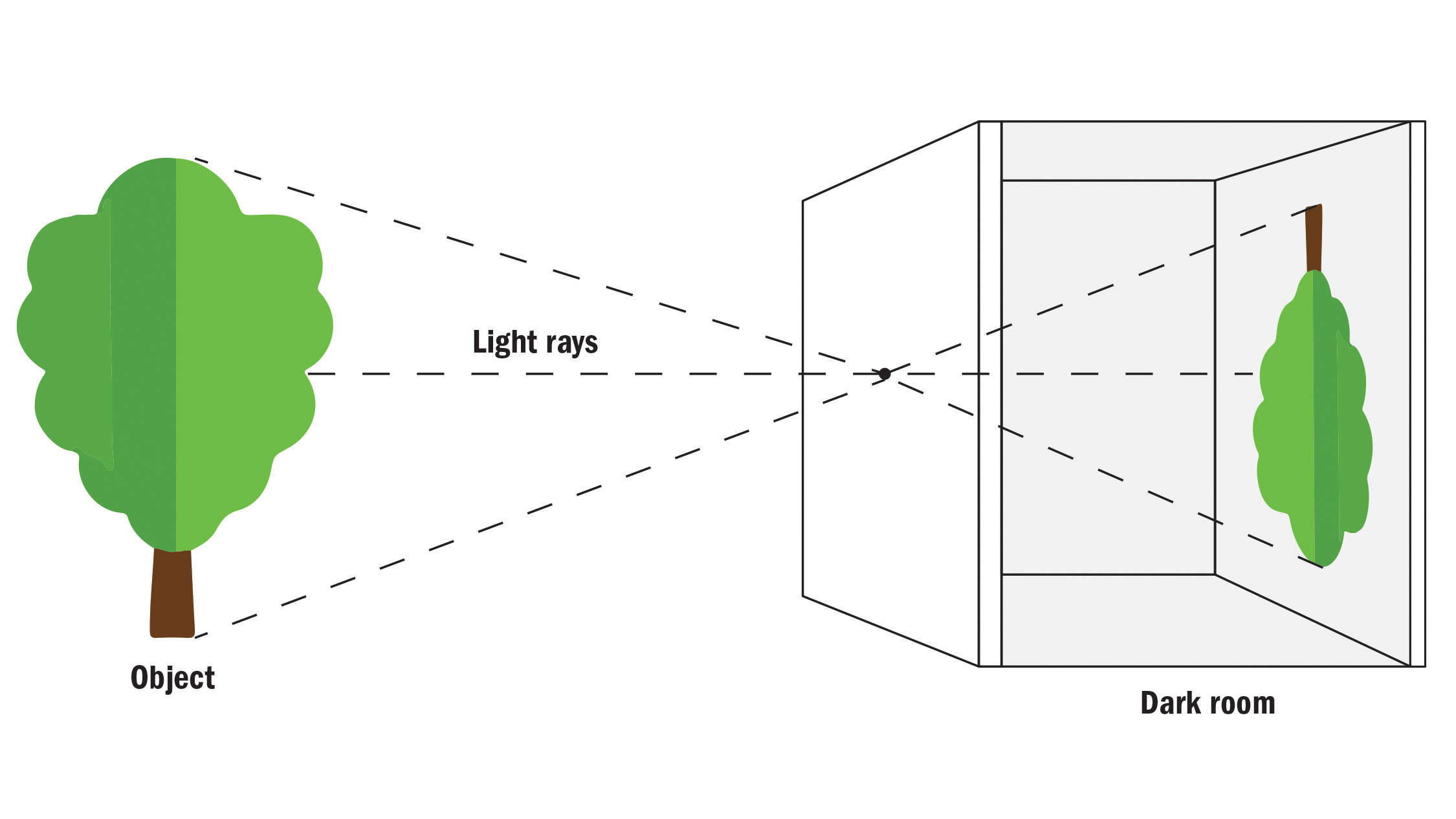

Nicephore Niepce
Joseph Nicéphore Niépce, commonly known or referred to simply as Nicéphore Niépce, was a French inventor, usually credited as the inventor of photography and a pioneer in that field. He created the first permanent photographic image in 1827.
Louis Daguerre
Louis Daguerre invented a method and called it “daguerreotype.” His method, which he disclosed to the public late in the summer of 1839, consisted of treating silver-plated copper sheets with iodine to make them sensitive to light, he would then expose them in a camera and “developing” the images with warm mercury vapor.
Daguerre took the first photograph with a living person in 1838 or 1839. It is a view of a busy street, but because of the exposure time was at least ten minutes the moving traffic left no trace. Only the two men at the bottom left corner, one apparently having his boots polished by the other. The men were in one place for long enough to be visible.
Henry Fox Talbot
William Henry Fox Talbot FRS FRSE FRAS was an English scientist, inventor, and photography pioneer who invented the salted paper and calotype processes, precursors to photographic processes of the later 19th and 20th centuries.

Richard Maddox
Richard Leach Maddox was an English photographer and physician who invented lightweight gelatine negative plates for photography in 1871.
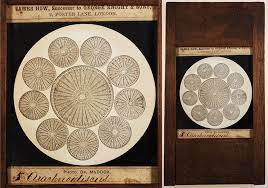
George Eastman
George Eastman was an American entrepreneur who founded the Eastman Kodak Company and helped to bring the photographic use of roll film into the mainstream.
https://en.wikipedia.org/wiki/George_Eastman
Kodak (Brownie)
The Brownie was a series of cameras made by Eastman Kodak. Released in 1900, it introduced the snapshot to the masses. It was a basic cardboard box camera with a simple convex-concave lens that took 2 1/4-inch square pictures on No. 117 roll film. It was conceived and marketed for sales of Kodak roll films.

An Eastman Kodak 2-D 8×10 can be sold in good condition for $468 in 2021. A vintage Kodak Retina II 35mm camera with leather case sold for about $220.
Film/Print Photography
Film, also called motion picture or movie, series of still photographs on film, projected in rapid succession onto a screen by means of light. There are three general types of film cameras: SLRs, compacts, and rangefinders. As a film set photographer, you work for a studio and shoot photos during the production process that can be used for marketing and other promotional activities.
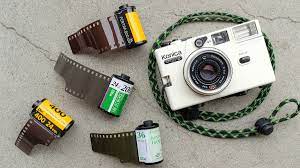
https://www.youtube.com/watch?v=8rA52XzPlXk&themeRefresh=1
Digital Photography
Digital photography uses cameras containing arrays of electronic photodetectors interfaced to an analog-to-digital converter (ADC) to produce images focused by a lens, as opposed to an exposure on photographic film. There are two types of digital image files fall into one of two categories: vector or raster. Each format has advantages and disadvantages in different situations, so knowing the properties of each can help determine which format is the best choice for any project.

What is purpose of photography?
When you take a photograph and share it with others, you’re showing a moment that was frozen through a picture. This moment can tell someone many things, from the environment to what people are doing.
Leap into the void
Leap into the void is an example of where photography can be interpreted in many different ways. Viewers may feel fear but be intrigued to keep reading into the image and the story behind it. Some may believe this is a live image of what happened, but instead is a set up staged picture. Two images were taken one with men ready to catch him in tar-pooling and then he was cut out and put into empty image creating a documentary photography. It was in this mass-produced form that the artist’s seminal gesture was communicated to the public and also notably to the Vienna Activists. The photograph may have some representation of the world at the time in the 1960s.
‘photographs confuse as much as fascinate, conceal as much as reveal, distract as much as compel. They are unpredictable communicators.’
This quote relates to the image as the image confuses the audience as to why he jumping off the building but also fascinates. The image distracts but compels you to dive deeper into the story behind it. This is what makes the photograph so interesting as the viewer has so many questions, they start to research and look further into the meaning.

